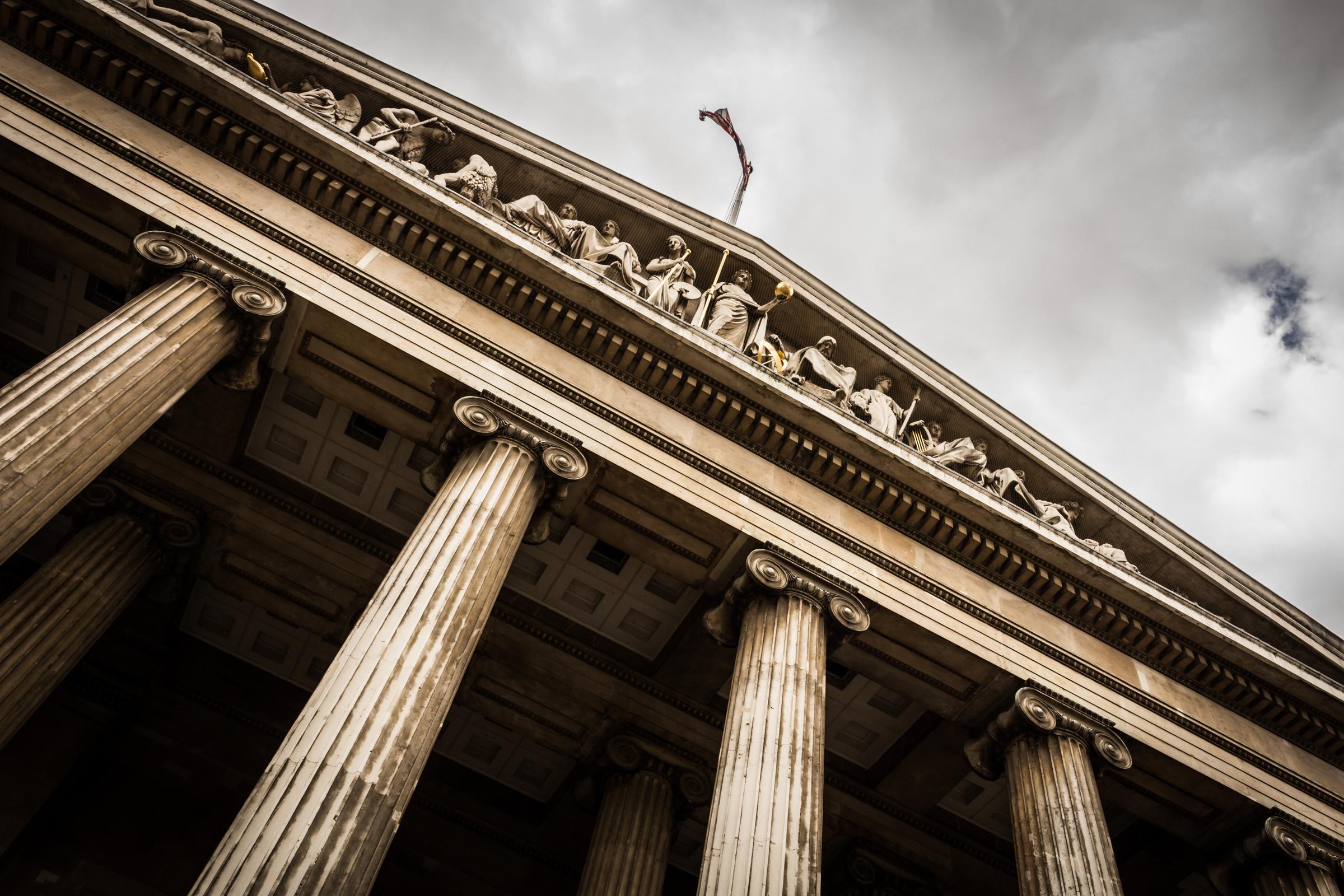Legal Studies

Purpose and Structure
This subject engages students in an analysis and evaluation of our legal system and the principles of justice. It explores the way the law relates to and serves both individuals and the community. It focuses on developing an understanding of the way in which civil and criminal law is generated, structured and operates in Australia. Legal Studies investigates the impact of government decisions and policy on the justice system. The subject aims to cultivate a reasoned and compassionate view of social and political behaviour based on Biblical principles.
Unit 1: The presumption of innocence
In this unit students develop an understanding of legal foundations, such as the different types and sources of law and an overview of parliament and the courts. Students are introduced to and apply the principles of justice. They investigate key concepts of criminal law and apply these to actual and/or hypothetical scenarios to determine whether an accused may be found guilty of a crime. In doing so, students develop an appreciation of the way in which legal principles and information are used in making reasoned judgments and conclusions about the culpability of an accused. Students also develop an appreciation of how a criminal case is determined, and the types and purposes of sanctions.
Unit 2: Wrongs and Rights
In this unit, students investigate key concepts of civil law and apply these to actual or hypothetical scenarios to determine whether a party is liable in a civil dispute. Students explore different areas of civil law, and the methods and institutions that may be used to resolve a civil dispute and provide remedies. Students also develop an understanding of how human rights are protected in Australia and possible reforms to the protection of rights. They investigate a contemporary human rights issue in Australia, with a specific focus on one case study.
Unit 3: Rights and justice
The Victorian justice system, which includes the criminal and civil justice systems, aims to protect the rights of individuals and uphold the principles of justice: fairness, equality and access. In this unit students examine the methods and institutions in the justice system and consider their appropriateness in determining criminal cases and resolving civil disputes. Students explore topics such as the rights available to an accused and to victims in the criminal justice system, the roles of the judge, jury, legal practitioners and the parties, and the ability of sanctions and remedies to achieve their purposes. Students investigate the extent to which the principles of justice are upheld in the justice system. Throughout this unit, students apply legal reasoning and information to actual and/or hypothetical scenarios.
Unit 4: The people and the law
The study of Australia’s laws and legal system includes an understanding of institutions that make and reform our laws. In this unit, students explore how the Australian Constitution establishes the law-making powers of the Commonwealth and state parliaments, and how it protects the Australian people through structures that act as a check on parliament in law-making. Students develop an understanding of the significance of the High Court in protecting and interpreting the Australian Constitution. Students investigate parliament and the courts, and the relationship between the two in law-making, and consider the roles of the individual, the media and law reform bodies in influencing changes to the law, and past and future constitutional reform. Throughout this unit, students apply legal reasoning and information to actual and/or hypothetical scenarios.
